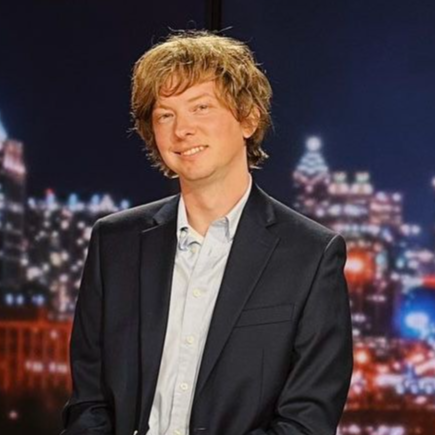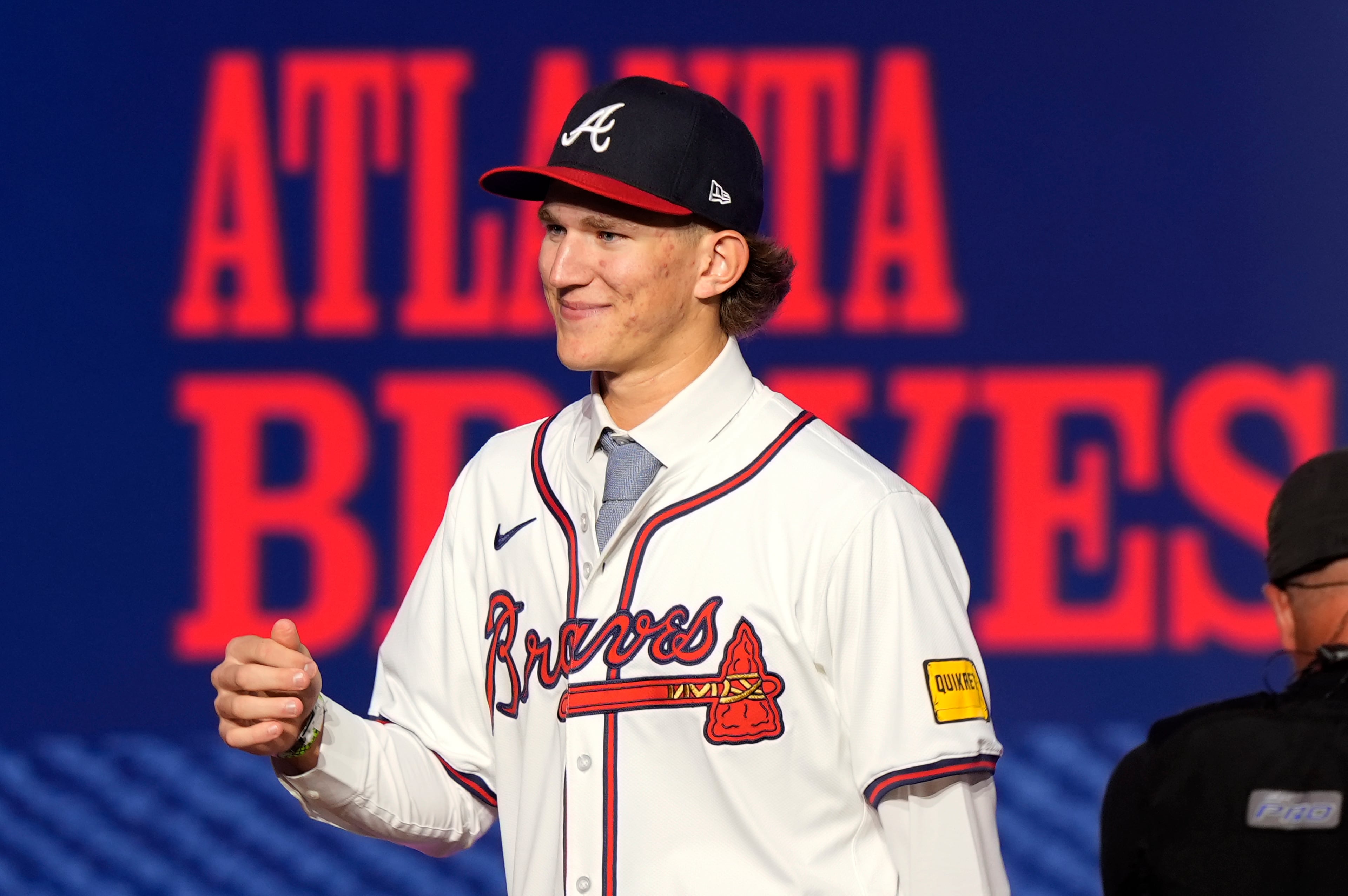Braves hold first team workouts Friday

The Braves’ season begins Friday when the team holds its first formal workout at Truist Park. It comes 113 days after they played their last game, a 5-3 exhibition win over the Tigers in Lakeland, Fla.
Much has changed since the coronavirus pandemic forced MLB to cease operations March 12. The sport's return features a 60-game season that will include empty stadiums, a designated hitter in the National League, new extra-innings rules and geographically based schedules, among other changes.
» MORE: Key dates of shortened Braves season
If the Braves win their third consecutive NL East title, it will unfold nothing like the past two — or any other postseason run in MLB history.
"Summer training" — or whatever you're calling the next three weeks — won't continue spring's storylines. Johan Camargo and Austin Riley will both be on the initial 30-man roster. The DH addresses the outfield glut. Freddie Freeman has had a little more rest for that recovering elbow (just in case).
Felix Hernandez, barring unforeseen developments, should be part of the Braves' pitching ensemble. Sean Newcomb might wind up starting and relieving. Cole Hamels is expected to be healthy come opening day, which was a fantasy way back when.
Today’s focus shifts to how the Braves will construct and manage a roster best suited for a sprint. The team already is considering piggybacking pitchers early, according to general manager Alex Anthopoulos, which would mean starters only going three or four innings through their first two or so turns.
The DH is a big boost for the Braves, who replace the pitcher's spot with some combination of Nick Markakis, Marcell Ozuna, Adam Duvall and Riley. It lengthens a lineup that has questions beyond its dangerous top four.
While the Braves' opening-day roster will include 30 players, they'll have another 30 stationed at a secondary camp in Triple-A Gwinnett. Players in the pool, which will consist of veterans and top prospects, will be working out and available should a need arise on the major-league club.
The Atlanta Braves announced the club’s 60-man player pool for the 2020 regular season. The club included 56 players in the pool, including 17 non-roster submissions. pic.twitter.com/bcjCxlC3xN
— Atlanta Braves (@Braves) June 28, 2020
Among those included in that group will be right-hander Ian Anderson and outfielders Cristian Pache and Drew Waters, the Braves’ top three prospects. This year’s first-round pick Jared Shuster, a lefty from Wake Forest, will also be in the pool, though he isn’t expected to pitch for the major-league team this season. It’s still beneficial for top prospects to be included in that group.
MLB likely will announce its schedule next week, opponents are already are known. The Braves will play 10 games each against their division rivals: the Nationals, Mets, Phillies and Marlins. They likely will play four games each against the American League East, which includes the Yankees, Rays, Red Sox, Blue Jays and Orioles.
That means of the Braves’ nine opponents, six finished .500 or better last season. It’s a difficult schedule, though it’s worth noting the Braves are considered a tough task on opposing slates. The Braves ranked second among the group with 97 wins last season, trailing only the Yankees (103).
Geographical schedules were designed to reduce travel. The Central teams are all relatively close to each other – St. Louis, Chicago (twice), Milwaukee, Pittsburgh, Cincinnati, Detroit, Cleveland, Minnesota and Kansas City. The West is the toughest schedule travel-wise, with five teams in California, two in Texas, one in Arizona and one in Seattle, which always requires the most travel.
The East falls in the middle. The farthest the Braves could go is Toronto, though it’s unclear if the Blue Jays will be playing in Canada or perhaps the Tampa Bay area. The next farthest trip would be Boston.
Regardless of the distance, any traveling during a pandemic carries risk. The Braves and MLB have taken drastic safety measures varying from social distancing in dugouts and stands, banning spitting, hugging and other physical interactions, and many, many further protocols to best ensure the safety of their players, coaches and staff.
It also will make for unique coverage. While media will be allowed in the press box, all interactions with players will come through Zoom or phone conferences. The number of reporters and time spent at the stadium will be limited. Broadcasters could be calling road games from their home markets.
Such is necessary in the new pandemic world. The greatest obstacle facing the Braves and their rivals is the coronavirus. The number of positive tests continues to rise in some states, and while the NBA and NHL attempt to complete their seasons using a bubble concept, MLB's intention to play games in home stadiums will carry more risk.
More important than anything else is player, coach and staff safety. Players reported for testing beginning Wednesday, and while teams won’t announce names of those who test positive for the virus, they will be placed on a designated COVID-19 injured list.
This season will be remembered for its uniqueness, regardless of whether it’s completed. The hope around the baseball world is that they can make it through the next several months as safely as possible and complete a postseason in October.
Whatever unfolds over that time, the rebooted season begins with Friday’s workouts.


